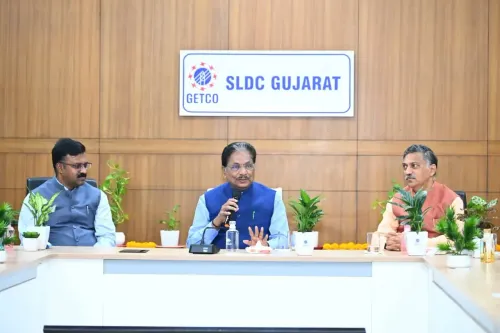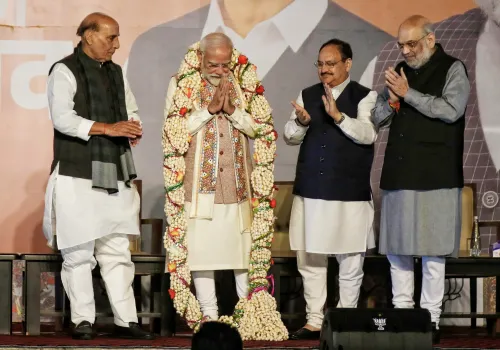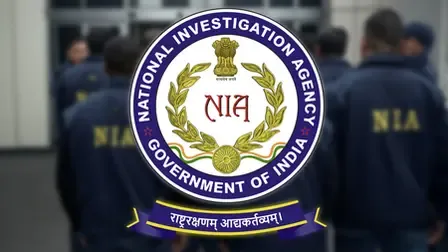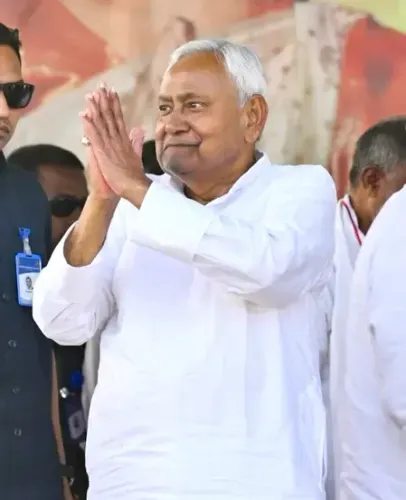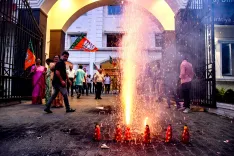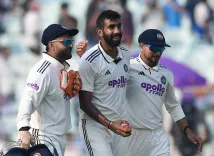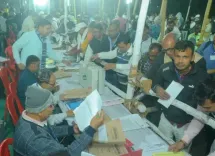What if Partition Was Handled Differently? Giriraj Singh's Bold Remarks
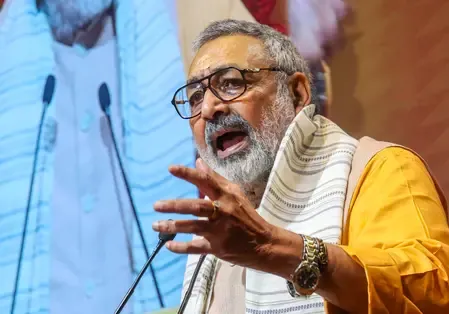
Synopsis
Key Takeaways
- Giriraj Singh attributes a cleric's inflammatory comments to historical partition errors.
- He argues that demographic shifts have disrupted social harmony.
- Singh criticizes Rahul Gandhi, alleging a conspiracy against national unity.
- His statements have ignited discussions on communal relations in India.
- Previous comments on the partition highlight ongoing concerns about cultural integrity.
New Delhi, Sep 28 (NationPress) In light of the uproar surrounding a Muslim cleric's provocative statement, 'I know how to kill', Union Minister Giriraj Singh expressed on Sunday that such remarks stem from "historical errors" made during India's partition.
"I consistently emphasize that Maulvis have historically aimed to transform India into a Muslim nation. Wherever their demographic has surged, social cohesion has been compromised. Individuals like Tauqeer Raza and Owaisi represent the legacy of our forebears' miscalculations," the Union Textiles Minister stated during a press briefing.
Singh further asserted, "Had Muslims been relocated to Pakistan and Hindus brought to India in 1947, we wouldn't be facing these dire circumstances today. No maulvi would have uttered 'I know how to kill'..."
His remarks were a direct reply to viral videos and declarations from notable clerics, including Maulana Tauqeer Raza Khan, who has previously made contentious statements under the guise of religious rights and protests. His comments have faced significant backlash for inciting communal tensions.
Additionally, Giriraj Singh criticized Congress leader Rahul Gandhi, accusing him of being involved in a larger scheme to destabilize the country.
He stated, "Rahul Gandhi has been unmasked. Alongside George Soros, he aims to fragment India... Rahul Gandhi attempted the same in Leh. But don't be mistaken, this is India; no one can dismantle it," Singh declared.
Previously, Giriraj Singh has made headlines for asserting that "India is suffering due to the failure to send Muslims to Pakistan" during the partition, and he has suggested that the increasing Muslim population threatens India's cultural integrity, remarks that have garnered extensive criticism from opposition factions and minority communities.

